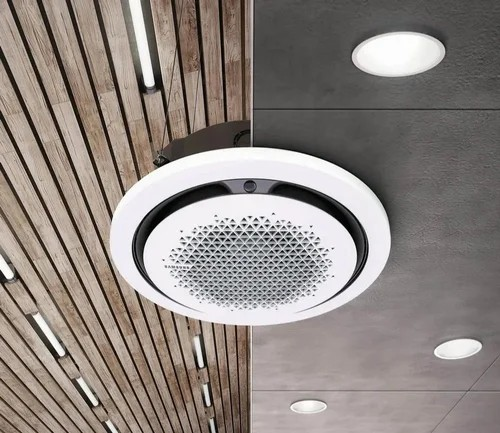Validation of an HVAC system in a pharmaceutical facility is a comprehensive process involving documentation review, testing, and analysis.
Installation Qualification (IQ):
Document Review:
This initial stage focuses on verifying if the installed system matches the original design specifications. Reviewers examine documents like:
-
- System Design Drawings: These blueprints detail the layout and configuration of the HVAC system, including the placement of air handling units, fan coil units, filters, and ductwork.
- Material Lists: These documents specify the exact components used in the installation, ensuring they meet the required standards and capacities for the facility.
- Manufacturer’s Certificates: These certificates verify that the installed components are genuine and meet the manufacturer’s quality specifications.
- Installation Records: These records document the installation process, ensuring proper procedures were followed and components were installed according to the design.
Physical Verification:
Technicians may also conduct a physical inspection of the installed system to confirm it matches the design drawings and ensure proper placement and connection of components.
Operational Qualification (OQ):
Functional Testing:
This stage focuses on demonstrating that the individual components of the HVAC system operate as intended. Technicians perform tests on various functionalities like:
-
- Temperature Control Systems: Verifying the accuracy and stability of temperature sensors and controllers, ensuring they maintain the desired temperature range.
- Airflow Control Systems: Testing dampers and airflow control mechanisms to confirm they deliver the specified airflow rates to different zones.
- Humidification/Dehumidification Systems: Evaluating the performance of these systems to ensure they effectively add or remove moisture and maintain the target humidity level.
- Alarm Systems: Checking if alarms for critical parameters like temperature deviations or filter failure activate appropriately.
- Control Systems: Verifying the functionality of the central control system that monitors and regulates all aspects of the HVAC operation.
Calibration:
During OQ, technicians may also calibrate essential instruments within the system, such as temperature sensors and pressure gauges, to ensure they provide accurate readings.
Performance Qualification (PQ):
Environmental Monitoring:
This stage involves testing to confirm the entire HVAC system effectively maintains the required environmental conditions throughout the space it serves. Some common methods include:
-
- Temperature and Humidity Mapping: Technicians measure temperature and humidity at various predetermined points within the space. This mapping helps identify any hot or cold spots and ensure uniform distribution of conditioned air.
- Airflow Pattern and Velocity Testing: Airflow patterns and velocity measure to assess if air circulates effectively within the space. This helps prevent stagnant zones and reduces the risk of contamination buildup.
- Filter Leak Testing: The integrity of HEPA filters is crucial. Technicians perform leak tests to ensure they effectively capture and remove contaminants from the air supply.
- Particle Counting: Airborne particle concentration measures using specialized equipment. This helps monitor the cleanliness of the environment and identify any potential contamination sources.
Data Analysis:
The collected data from all the tests performed during PQ is analyzed and compared to predefined acceptance criteria. These criteria are established based on regulatory requirements and the specific needs of the facility and the pharmaceutical products being manufactured.
Validation Report:
If the test results meet the acceptance criteria, a comprehensive validation report is generated. This report documents the entire validation process, including the tests performed, data collected, analysis of the results, and the conclusion that the HVAC system is validated.
Ongoing Monitoring:
Validation is not a one-time event. Regular monitoring and preventive maintenance are essential to ensure the continued performance of the HVAC system. This may involve periodic retesting of critical parameters, filter replacements, and system calibration to maintain optimal performance and ensure a consistently controlled environment for pharmaceutical production.
Choose The Reputed Service Providers
- Vipul HVAC Solution Pvt. Ltd. understands the needs of customers and provides them with the best HVAC System Validation in India.
- We offer a wide range of services to meet your requirements. Our experts validate the systems by conducting tests, calculations, and simulations.
- We have more than 24 years of experience in this field and have successfully completed more than thousands of projects.
- Our team has expertise in various fields like engineering, construction, architecture, HVAC system validation etc.
Looking to install a commercial HVAC System or Duct work in your Business Area?
Contact Vipul Ac to learn about our HVAC Service
Call +91 9825636606 Today.


